A workshop at the Seventeenth European Conference on Technology Enhanced Learning (ECTEL 2022)
Toulouse, France | 12-16 September 2022
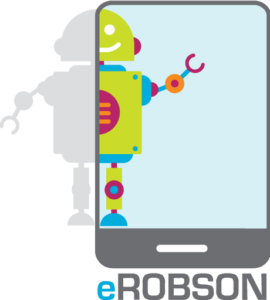
A workshop at the Seventeenth European Conference on Technology Enhanced Learning (ECTEL 2022)
Toulouse, France | 12-16 September 2022
The topic of this workshop is design and integration of distance learning alternatives for onsite Educational Robotics based on research outcomes of the Erasmus+ eROBSON project. Technological solutions based on Augmented Reality techniques and possible pedagogical scenario’s will be presented to workshop participants together with the outcomes of a Group Concept Mapping (GCM) study conducted to support the design process.
Workshop participants will be introduced to GCM methodology, will discuss and evaluate GCM outcomes and will take part in a demo of the working prototypes. Participants will be invited to join reporting of the workshop outcomes to the academic community.
We will present how Augmented Reality (AR) technology can be used to enhance learning with Educational Robotics (ER). The purpose of AR in our concept is to simulate (a) the necessary ER-equipment / ER kit components, including its appearance, behavior, and user interaction and (b) some of the ER learning processes and educational methods.
Augmented Reality enhances human perception with additional, computer-generated sensorial input to create a new user experience.
Educational robotics teaches the design, analysis, application and operation of robots. Robots include articulated robots, mobile robots or autonomous vehicles. Educational robotics can be taught from elementary school to graduate programs. Robotics may also be used to motivate and facilitate the instruction other, often foundational, topics such as computer programming, artificial intelligence or engineering design.
Interactive discussion between the participants moderated by the workshop organizers. The introduction will be followed by short group tasks in an interactive world café format. Participants will be invited to share their thoughts on a particular component (cluster) of the eROBSON framework, think of missing points, investigate relations between components and respective constituent elements using visual representations created with Groupwisdom. Instructional prompts and a canvas will help structure interaction. A possibility to provide concrete feedback to the concept, methodology and the prototypes will be provided to the participants.
The proposed workshop theme is shared knowledge construction of viable technological distance learning solutions as alternatives for hands-on experiment-based teaching Educational Robotics and STEM in general. This theme is the main focus of eROBSON, an EU supported project, as will be briefly explained at the workshop.
The need for alternatives to live experimentation in the lab became evident throughout the COVID19 pandemic when emergency remote teaching needed to be developed just-in-time, for example, Birk et at. 2021 and Pozzi et al. 2021. In eROBSON researchers, educational technologists and educational practitioners from Greece, Netherlands and Norway design, develop and pilot innovative effective, enjoyable and affordable post-COVID distance learning solutions for teaching Educational Robotics and experiment-based school STEM teaching. eROBSON solutions will be based on state-of-the-art, affordable AR techniques (Ibáñez & Delgado-Kloos 2018). Together with these technical solutions eROBSON project designs teacher training, pedagogical scenario’s and innovative teaching tools, such as an AR-based toolbox that can be widely applied both in the context of school curricula and for informal learning activities.
At the start of the project, an expert study was conducted to ensure that design activities are grounded in the experiences and wishes of the target group. The study followed Group Concept Method (GCM) methodology. This is a consensus driven research approach that combines qualitative data collection with advanced quantitative data analysis techniques. GCM supports problem owners in constructing and refining deep understandings of a problem, in underpinning design choices or reaching consensus in a complex matter (Kane & Rosas 2017).
GCM methodology includes brainstorming and analytical follow-up activities of invited stakeholders with an online tool Groupwisdom. Collected input is analyzed with multivariate statistical techniques, such as multidimensional scaling (MDS) and hierarchical cluster analysis (HCA). Groupwisdom generates graphical representations of aggregated individual contributions as a collective “visual geography of a problem” that stakeholders can further discuss and interpret.
A total of 22 participants contributed to different phases of eROBSON GCM study. Participants included eROBSON project partners and invitees from their networks, both researchers and educational practitioners. Participants had expertise in ER, AR, software development and/or online teaching, design of learning activities. Individually they provided their standpoints on approaches best suited for online and blended learning enhanced by AR as a solution for the pandemic restrictions in teaching Educational Robotics and lab-based curricular activities in STEM in general. MDS and HCA analysis of individual input generated a variety of possible groupings of the collected ideas. Thereafter, a meaningful solution was determined by the eROBSON project team as a visual representation of eROBSON conceptual framework.
This framework represents 72 unique ideas (individual answers to the focus prompt trigger) as separate points on a two-dimensional space grouped in 6 clusters. These clusters, or components of the eROBSON conceptual framework are:
eROBSON GCM study demonstrated that there is a high level of consent on educational ideas and basic principles and substantial differences in the way partners view and evaluate both importance and feasibility of ideas on software and hardware design, platform selection and foremost on conceptual issues. While the generated conceptual model provided sufficient input for the project to form a point of departure in design of solution prototypes, differences in standpoints which the GCM study demonstrated require further elaboration and knowledge construction effort.
The EC-TEL workshop can contribute to such knowledge construction both at conceptual level and through feedback on the first prototypes demonstrated by eROBSON project members.
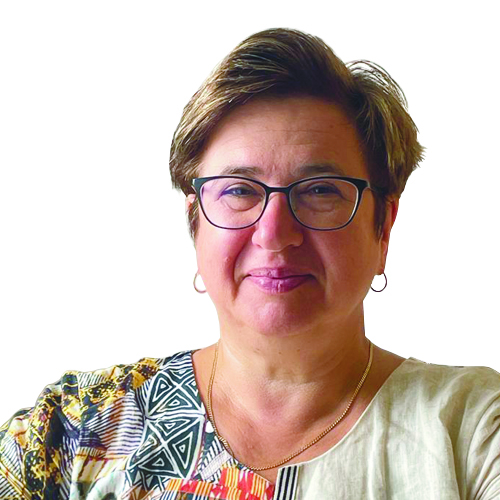
Open University of the Netherland
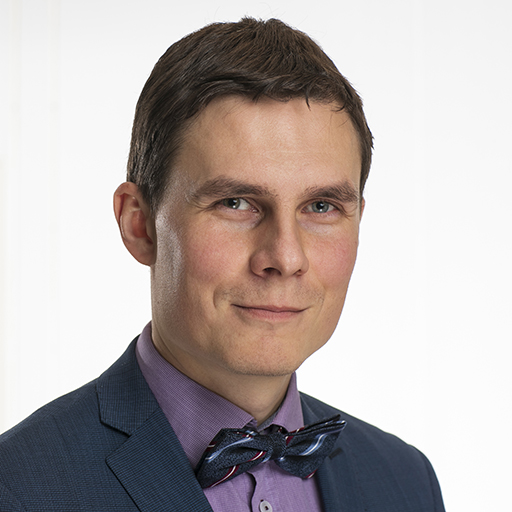
Norwegian University of Science and Technology
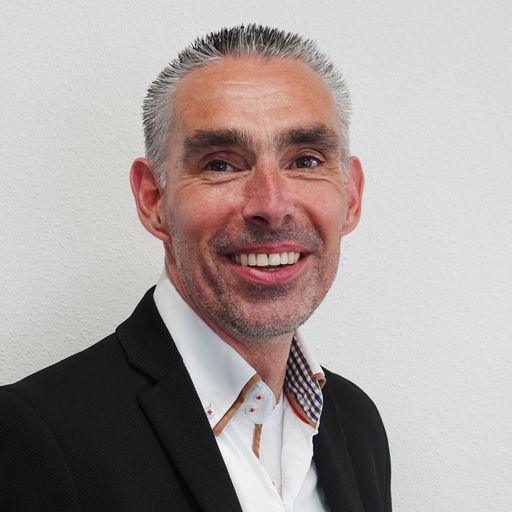
Open University of the Netherland
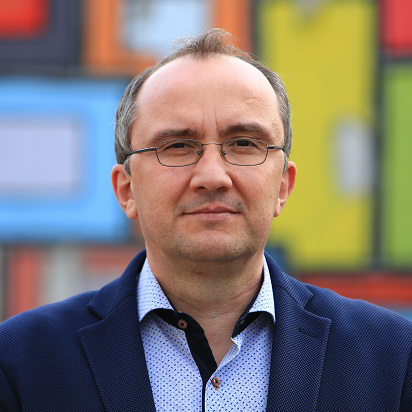
International Hellenic University
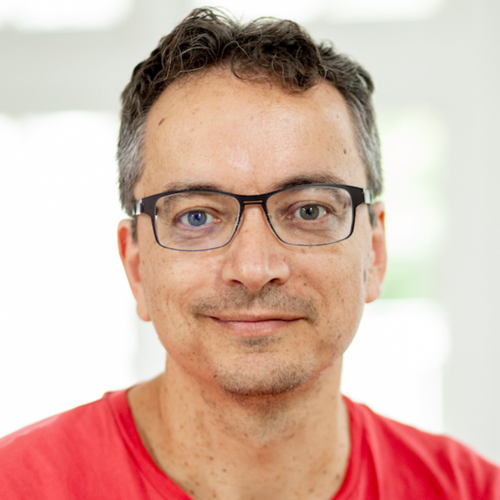
Open University of the Netherland